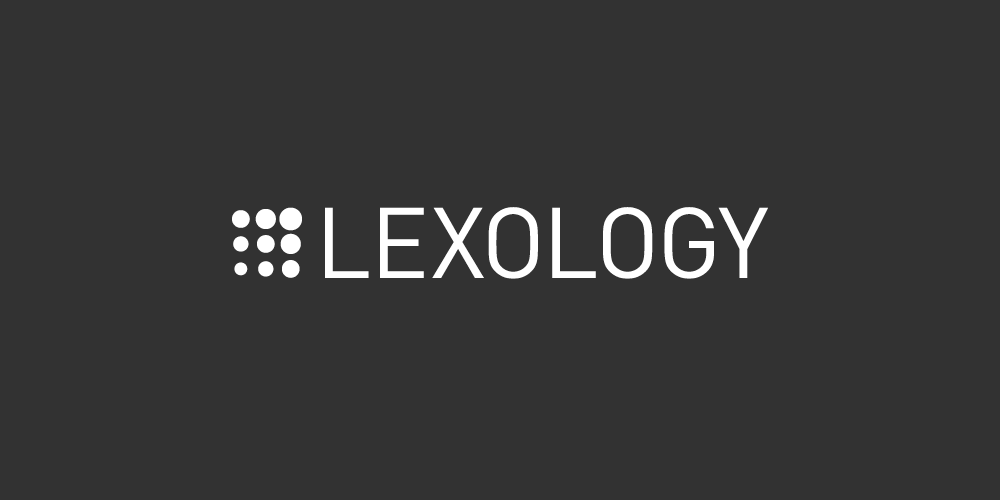
The International NFT Day is an important occasion that sheds light on the growing significance of non-fungible tokens (NFTs). In view of this event, experts from across the globe have shared their insights on the definition and use of NFTs in different jurisdictions. These discussions cover various areas of law, including intellectual property, technology, data, telecoms and media, banking and financial services, litigation, and real estate.
In the field of intellectual property, several experts have contributed their perspectives. Paula Gutiérrez from Grau & Angulo discusses the intersection of NFTs with copyrights, trademarks, and patents in Spain. She also analyzes recent litigation related to the protection of NFTs. Jeanine Coetzer from Spoor & Fisher provides a comprehensive overview of the advantages and potential drawbacks of NFTs in South Africa. In Austria, Claudia Csáky and Sarah Kasslatter from GRAF ISOLA Rechtsanwälte GmbH explore the impact of digitalization and legal technology on IP law, with a specific focus on NFTs and the transfer of rights in NFT transactions. Daniel Anthony and Mark Biernacki from Smart & Biggar in Canada delve into the protection of trademarks and copyrights online, especially in digital media platforms like the metaverse. Antonella Gutierrez and Evelyn Dueñas Morales from OMC Abogados & Consultores emphasize the importance of protecting intellectual property assets in the virtual environment.
Moving on to the realm of technology, data, telecoms, and media, experts offer intriguing perspectives on the use of NFTs in various contexts. Marcus Bagnall and Nicholas Crossland from Wiggin LLP discuss redeemable NFTs and the challenges associated with intrinsic rights. Burak Özdağıstanli and Ebru Gümüş from Özdağıstanli Ekici Attorney Partnership examine the use of NFTs for in-game purchases under Turkish law. Kalindhi Bhatia from BTG Legal explores personality rights and a recent decision by the Delhi High Court that sets a precedent for resolving NFT-related disputes in India.
In the banking and financial services sector, experts analyze the phenomenon of NFTs from a financial perspective. Aditya Bhargava, Mithila Bhati, and Sristi Yadav from Phoenix Legal contemplate whether NFTs are comparable to the “tulip-mania” of the 1600s or if they will establish themselves as a genuine asset class. Roy Keidar from Arnon, Tadmor-Levy examines the legal categorization of NFTs as securities or financial assets and explores their potential role in the banking and financial services sector in Israel. Zrinka Buzatović and Antea Muschet from Maćešić & Partners explore NFT trading in Croatia and the sustainability of the blockchain ecosystem.
In the field of litigation, experts examine the legal approach to NFTs in intellectual property cases. Mutlu Yıldırım Köse and Havva Yıldız from Gün + Partners discuss how NFTs may be considered a valid format by Turkish courts in infringement cases. Dan Wyatt and Chris Whitehouse from RPC report on a recent judgment that represents an important milestone in the history of cryptoasset disputes in the English courts. Jonathan Crompton from RPC explores the disputes and challenges surrounding NFTs and digital assets in Hong Kong, as well as the current regulatory landscape.
Finally, in the real estate sector, experts discuss the tokenization of real estate and its implications under the current legal framework. Michael Lips and Evelyn Frei from Pestalozzi Attorneys at Law provide insights into how the tokenization of real estate can result in more efficient transactions in Switzerland. They also highlight the changes that the new Federal Act on Digitalization in the Notary’s Office is expected to bring.
The contributions of these experts offer valuable insights into the definition, use, and legal considerations surrounding NFTs in different jurisdictions. As NFTs continue to gain popularity and transform various industries, these discussions will serve as important references for policymakers, legal professionals, and individuals involved in NFT-related activities.






